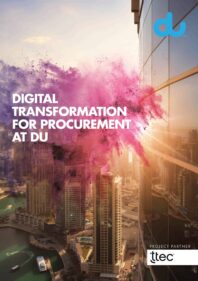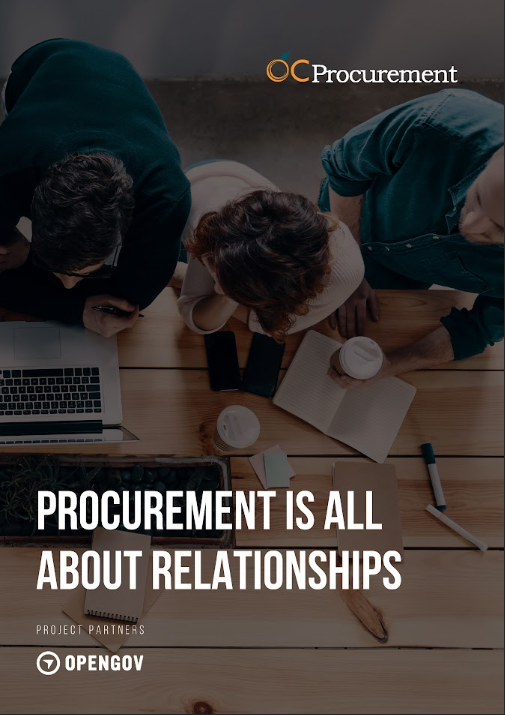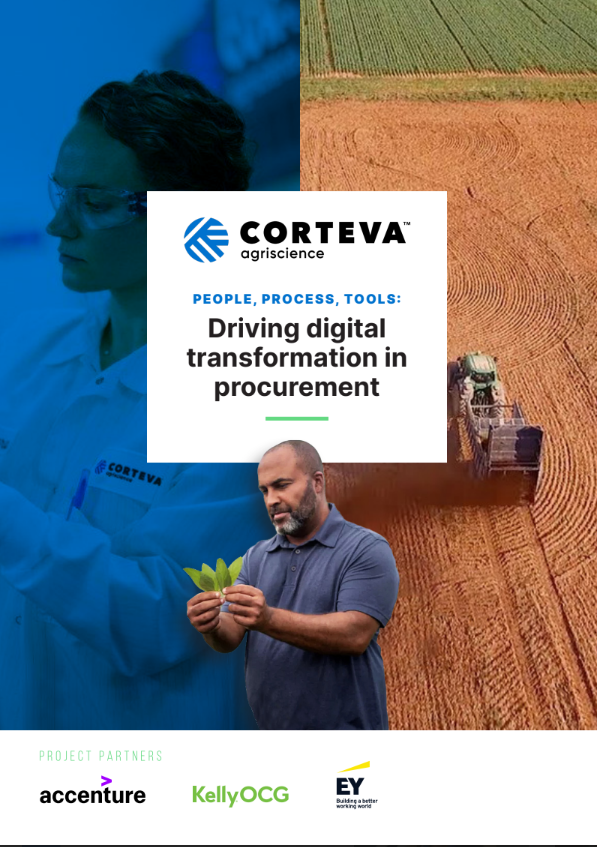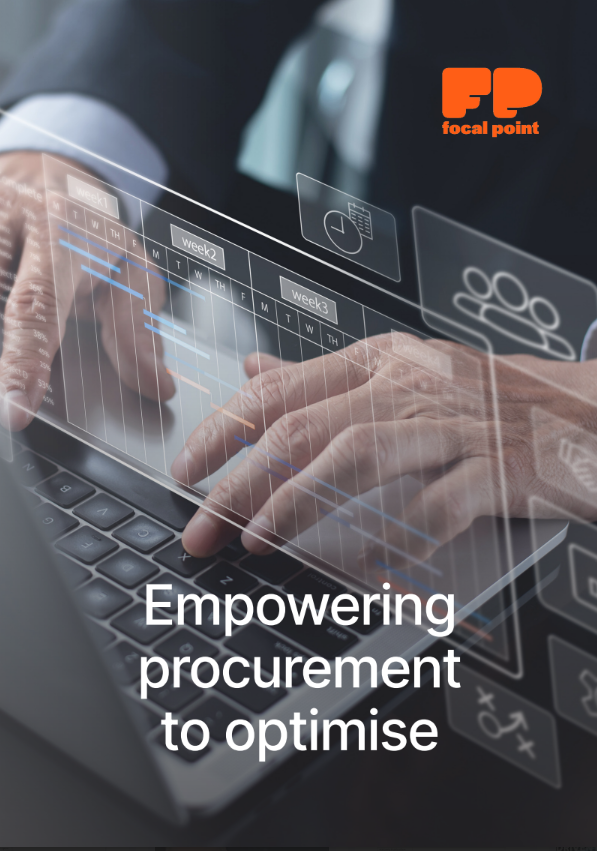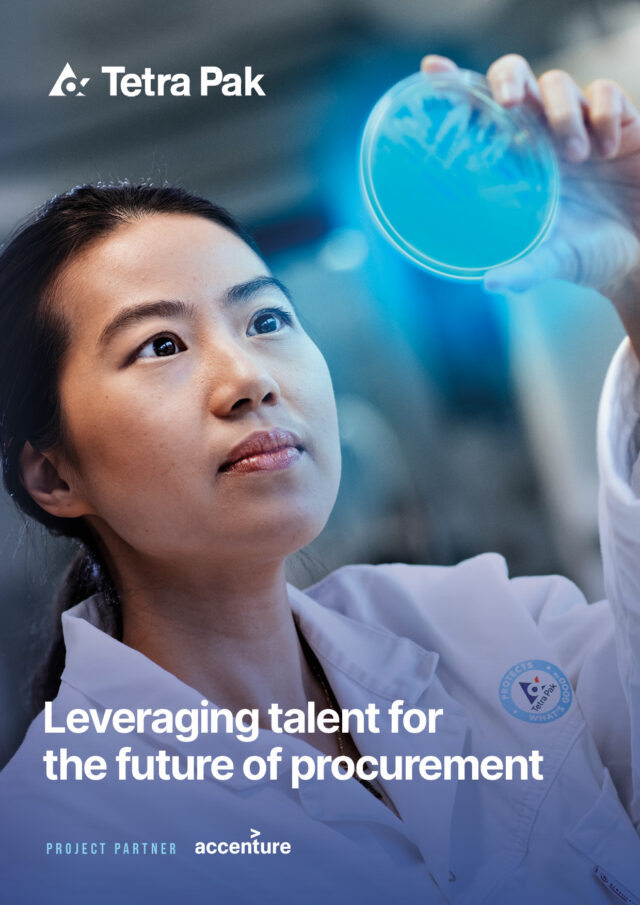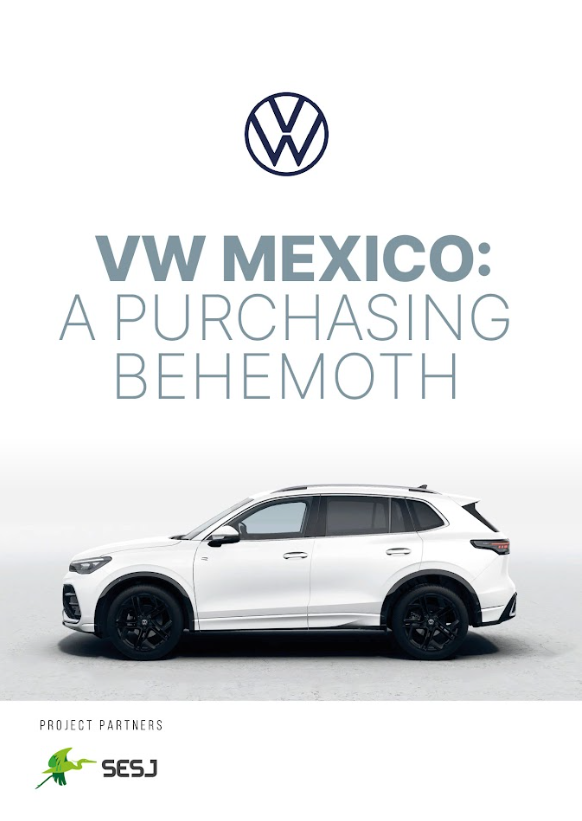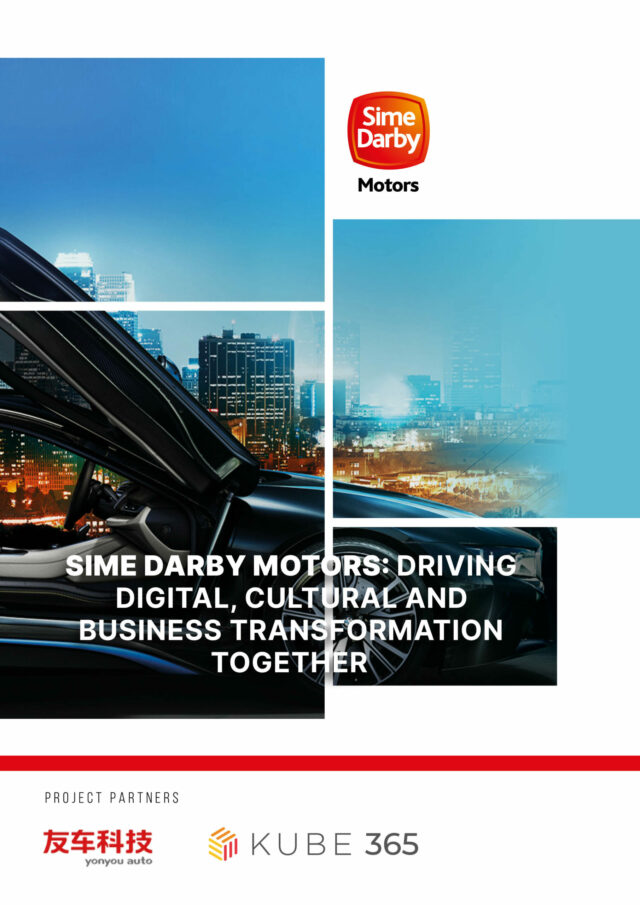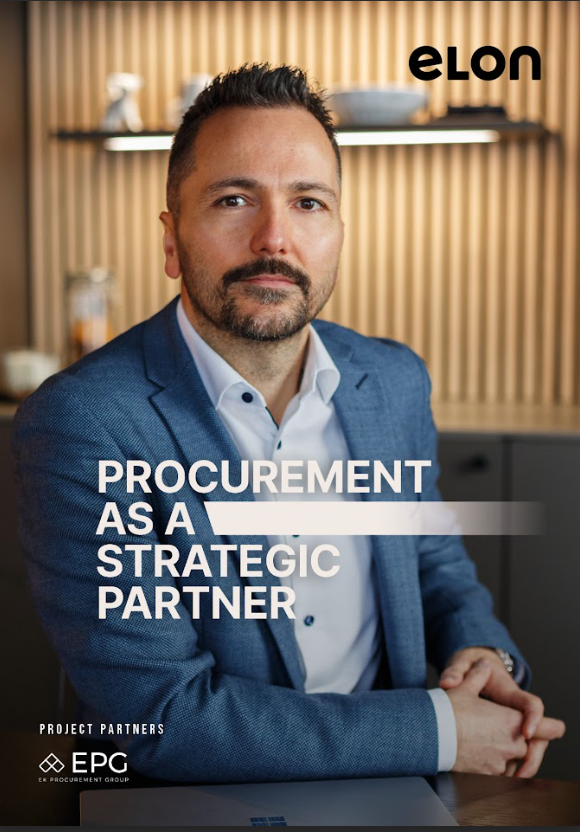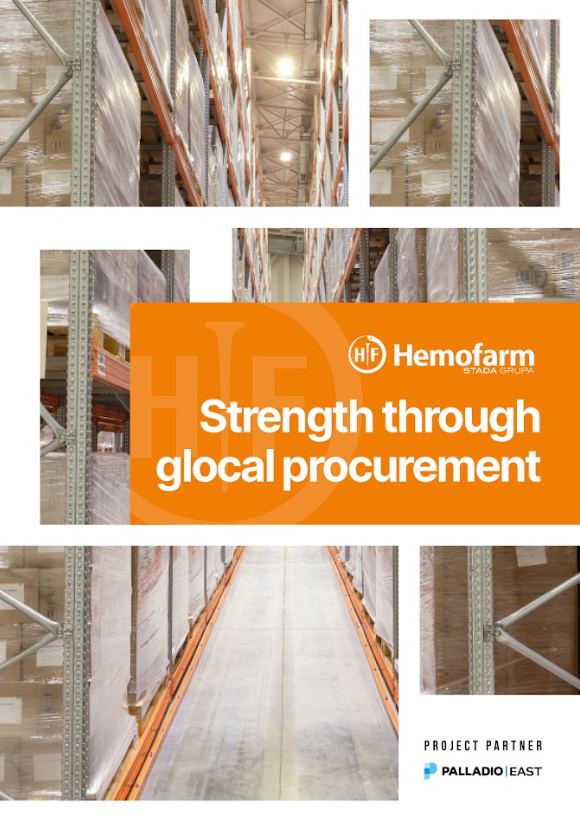Through a digital transformation, Anis Tabka explores how du and Virgin Mobile embrace innovation in procurement. By Dale Benton
In 2017, it was announced that the Emirates Integrated Telecommunications Company (EITC) would launch a mobile service and bring the Virgin Mobile brand into the UAE. Virgin Mobile UAE is a wholly owned business unit within EITC, which allows one of the world’s most recognisable telecommunications brands to leverage economies of scale in order to bring unique, innovative products, and value, to market. The company represents a sister operation to EITC’s other telecommunications company, du. du currently has more than 8.5 million mobile customers, representing close to 50% market share and operates with a clear vision: to enhance your life, anytime anywhere.
Since 2006, du has had to evolve its operation in order to continue delivering on this vision. And with technology continuing to redefine global industry, du has undergone a significant digital transformation to ride the wave of innovation. Key to this transformation has been the company’s supply chain and procurement function and this is where Anis Tabka, Chief Procurement Officer, has played a pivotal role.
Entering the business in 2005, Tabka has worked in the telecommunications space for over 20 years, cutting his teeth with the global conglomerate Siemens and overseeing commercial management across its global operations from the United States, Germany and Tunisia. Tabka feels that this commercial experience has been crucial to his role with du. “When I joined du, which was to be a new service provider, it was my first experience with the supply chain,” he says. “But since I’d been working on the sales side before handling large service providers such as AT&T, Verizon, etc., I had an understanding as to what the expectations are for procurement. I basically worked with the company to build the whole supply chain function from scratch and support my technology colleagues with the roll-out of du Mobile and fixed networks.”
Over the course of the following years, Tabka’s role evolved and he took on far more responsibility and looked after the full du sourcing requirements (Technology, Marketing, Facilities, etc.) exceeding $1.5 B per annum. This saw Tabka absorb the Procurement, Contracts Management and Logistics responsibilities and consolidate the company’s 19 warehouses into one central warehouse, enabling greater efficiency and inventory control. Although it was managed by a very thin experienced in-house team, Logistics ran like clockwork, with multiple partners managing the distribution of du stock (SIMs, handsets, customers’ premise equipment, etc.) to all retail and enterprise customers throughout the UAE. Detailed stock planning processes were also implemented to slash inventory levels and improve company working capital.
With a centralised procurement function, Tabka needed to call upon his sales experience in order to collaborate more effectively with du’s supplier network. “I know how things work on the sales side and what the suppliers think. What works, what doesn’t work and certain tricks of the trade,” he says. “That makes it easier to establish a dialogue with a partner on what you’re trying to accomplish, rather than turning the discussion into a price greeting debate – it’s much more of a long-term relationship.”
As Tabka entered du during its earliest days, he admits that it was a challenge to operate fast enough in order to get the network up and running. This, ultimately, resulted in the company not being able to dictate the most favorable agreements effectively and making compromises in order to launch services. Those agreements were renegotiated once du launched its services. Tabka believes that over time, this has created a greater understanding as to when to take risks and how to take risks. The challenge Tabka faced in the Middle East, when compared to his experience in the US and Europe, stems from regressive notions of procurement and supply chain. “A lot of people aren’t coming from the supply chain background. They have technology experience or administration experience and just assume that procurement is simple price squeezing and handling of contracts,” he explains. “I always try to tell them that there is so much more to procurement and so it’s a case of educating people as to what procurement can bring.”
Running alongside this was a traditional approach in the region that saw businesses handling their own negotiations, or “doing their own deals and getting procurement to rubber stamp the contracts”. Tabka and his team had to prove that procurement was a business leader and a contributor to the full success of sourcing requirements, taking into account the company’s long term strategy. To him, it mirrors a global procurement conversation; businesses “waking up” to the value of procurement. To this, Tabka feels du has grown dramatically over time. “As my role evolved, so too had the company,” he says. “If we knew what we could bring, back when we started, everyone would sign up for it right away. Things can get done faster if procurement is integrated within their function and proper project planning is enforced within the company.”
After long persuasive efforts and an alignment with Finance, he was able to get business to provide detailed future project information to constitute an annual Procurement plan. This ultimately helped Business to improve their project execution timelines, Finance to improve the budgeting accuracy and Procurement to reduce the overall tendering process timelines. This visibility has also helped the Procurement category managers to better plan their Category Strategies. This new ethos and approach to a central procurement function is best personified in the start-up and roll out of Virgin Mobile UAE.
Positioned as the second brand name of EITC, Virgin Mobile uses a platform infrastructure from Virgin, but a large portion of its backend functionality is born out of du. Tabka, as a further evolution of his role within the company, played a key role in this new venture. “When we set up the company and launched, it was basically with a different mindset where everything was simple and agile. It’s very much customer experienced and a very focused digital experience where all customer interactions are done through the Virgin Mobile app, with the minimum of human touch,” he says. “It’s a very smooth and different experience compared to the traditional telco. It is focused on a niche market, but the people are more technology savvy. It’s very different from du, but it’s born out of the success of du.”
Virgin Mobile UAE also differentiates itself from du in its supply chain processes. Tabka had to accommodate a new brand, which in itself brought new processes when compared to the du vision of mobile experience. Tabka had to readjust some of the team members to adapt to the faster requirements of the go-to-market offering. “The partners we were working with were different too, so we had to basically put in a different team within a team,” he explains. As a new brand emerging at a time of great innovation, Virgin Mobile enters a marketplace dominated by a seemingly endless array of technologies and where mobile market penetration has exceeded 200%.
Tabka, overseeing a digital transformation of sorts for both Virgin and du, believes that digital transformation such as A.I. and chatbots are the key technology differentiators within the industry. “We try to minimise the interaction with customers via a call centre. Everything is as digital as possible,” he says. “We look to give flexibility to the customer to choose their mobile plan and the tariff. They can choose whatever tariff pleases them. They are more in control of their wallet and it’s not like the traditional telcos where they are imposed a certain tariff plan.” This approach represents both du and Virgin Mobile’s customer experience-driven ethos; it’s all about serving the customer better and making their lives less complicated. Virgin Mobile UAE has been praised for its excellent customer experience. New customers receive their SIM card, with activation happening within one hour of buying the service through the Virgin Mobile app. This was an industry first in the region.
It’s not just the customer experience that’s experiencing a sea change; the very nature of procurement is being redefined by innovation and disruptive technologies. Since the beginning, du has implemented paperless processes in Supply Chain, Procurement and Inventory ERP systems. As the company matured, constant changes were being made to the procure-to-pay processes to make them more agile. Business Intelligence dashboards were automated to provide live data to category managers from the data warehouse rather than manual extracts from ERP. Live reports were also made available to Executive Management through digital handsets. In 2017, the company embarked on a true digital transformation of procurement through the implementation of robotics process automation (RPA).
“Digital transformation is a journey and so I kept on pushing and pushing to drive innovation,” says Tabka. “RPA represents that push. With RPA we were able to replicate a number of processes, do them faster, work 24 hours a day and achieve zero human error. This translates into increased customer experience, because we could improve the customers’ orders, processing and delivery lead times while also reducing our internal costs.” Through this, supply chain was able to integrate the full sales to orders fulfillment cycle by integrating the 3rd party couriers applications to du and Virgin Mobile ERP systems (Sales Orders , Inventory management, Finance module) so the customer would be able to track on their mobile app their Virgin Mobile / du order from time of order placement. Tabka described this as “Uberizing” the telco supply chain. At this time, the number of logistics transactions being processed through RPA reached close to 65,000 customer orders, with around 7,000 front-end procurement transactions being fully automated. This was the first phase of RPA.
Phase two, which is currently being implemented, will see RPA combining with chatbot capabilities to further reduce non-essential basic interactions of time between business and customer lead-times. To date, Tabka has seen a reduction in processing time of more than 50%. With Virgin Mobile and du, Tabka can point to a number of successes, both internally and around the customer experience. He is the first to admit that a digital transformation is a journey and that every milestone for him is the first step to achieving the next one. One in particular that will open the door to future innovation, has been the further inclusion of supply chain and procurement into the strategic direction of the company for a full digital transformation.
“Other areas of the business are asking for recommendations, or for feedback as to what has worked and what has not,” says Tabka. “It’s interesting because it’s normally the other way around. The business or customer-facing departments implement new tools and then supply chain comes in at the end of the queue and asks the best way to do it. Now we are the ones giving the tips and advice.” It’s a time of great opportunity for du and Virgin Mobile. Having already succeeded on so many fronts, Tabka looks to the future with a sense of perspective. du is the solution provider to a number of large enterprises, each with their own demands and ideas for the future. For Tabka, it’s important to remain focused.
“There are so many tools out there and so many consultancies or solution providers that promise you the world. It’s not just about putting these tools live and saying: “We achieved automation,” says Tabka. “What you need to focus on is what you’re trying to achieve and marrying this to the strategy of the company.” “It’s not only about your departments. It’s about the full experience. What are the Marketing guys trying to achieve? What are the Technology guys trying to achieve? How do you marry the whole thing together? There is a lot of value add that you can bring as a CPO to the company and to realise the digital transformation, you just need to be an integral part of the overall transformation. Don’t look at it from just one single corner or as a one-time project. You need to be part of this overall journey and continue to push the limits. Otherwise, it won’t be a successful transformation.”
